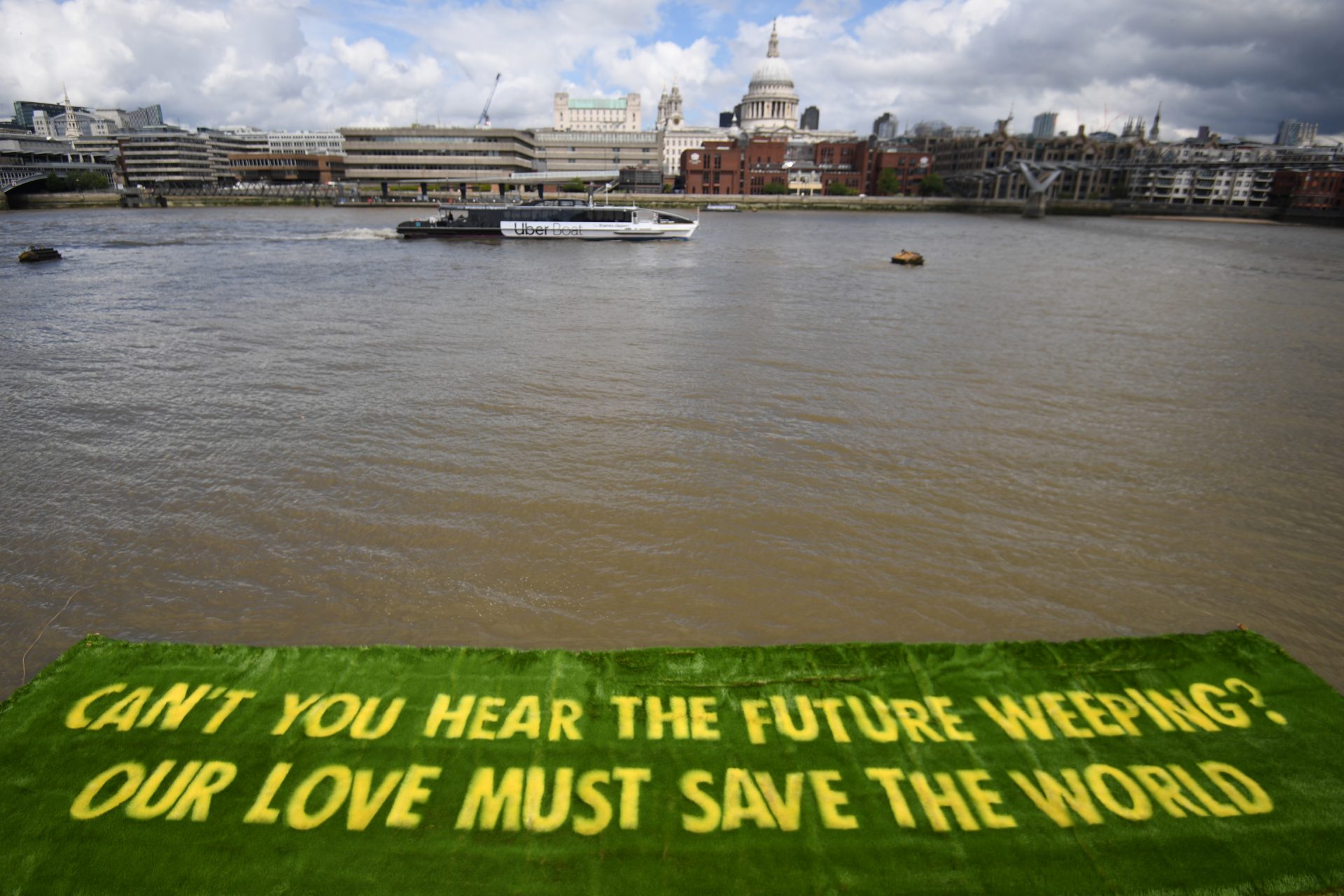Aid organizations around the globe urged negotiators in the Conference of the Parties (COP26) “to bear in mind the humanitarian consequences of their decisions.”
In a statement, 157 humanitarian organizations called for “urgent and ambitious” climate action “so that we can avert the most disastrous consequences on people and the environment.”
“The climate crisis is adding an additional layer of stress to humanitarian organizations that are already stretched thinner than ever before,” read the statement
“Without ambitious climate action, humanitarian organizations will struggle to respond to increasing needs,” it added.
The humanitarian organizations said the planet “is in a period of accelerating climate and environmental crises, the effects of which are being felt by all of us.”
“Climate-related disasters have nearly doubled in the past 20 years and weather-related hazards are now the number one driver of internal displacement, affecting most notably the poorest and most marginalized people,” read the groups’ statement.
In October 2020, the United Nations Office for Disaster Risk Reduction (UNDRR) reported that “extreme weather events have come to dominate the disaster landscape in the 21st century.”
From 2000 to 2019, there were 7,348 major recorded disaster events claiming 1.23 million lives and affecting 4.2 billion people resulting in approximately US$2.97 trillion in global economic losses.
The amount of climate-related disasters, including extreme weather events, increased from 3,656 (1980-1999) to 6,681 in the period 2000-2019.
The groups said that a certain amount of “climate change and environmental degradation is set to occur, and that their humanitarian consequences are likely to increase.”
The groups added that there is a need to ensure that people who are most vulnerable to the consequences of the crises “receive the support they need.”
The 157 organizations, including the Jesuit Refugee Service, that signed the statement are also signatories of the Climate and Environment Charter for Humanitarian Organizations.
The Charter, which was developed between December 2020 and March 2021, aims to provide a clear vision and principles to guide humanitarian action in the face of the climate and environment crises.
The development of the Charter was led by the International Committee of the Red Cross and the International Federation of Red Cross and Red Crescent Societies.
It was guided by an Advisory Committee of 19 people, including non-governmental organizations, UN agencies, National Red Cross and Red Crescent Societies, academics, researchers, and experts in the humanitarian, development, climate, and environmental fields.
“We know that radical transformation is needed. We are determined to act, urgently and intentionally, and we call on everyone, across the humanitarian sector and beyond, to do the same,” the humanitarian groups said.







